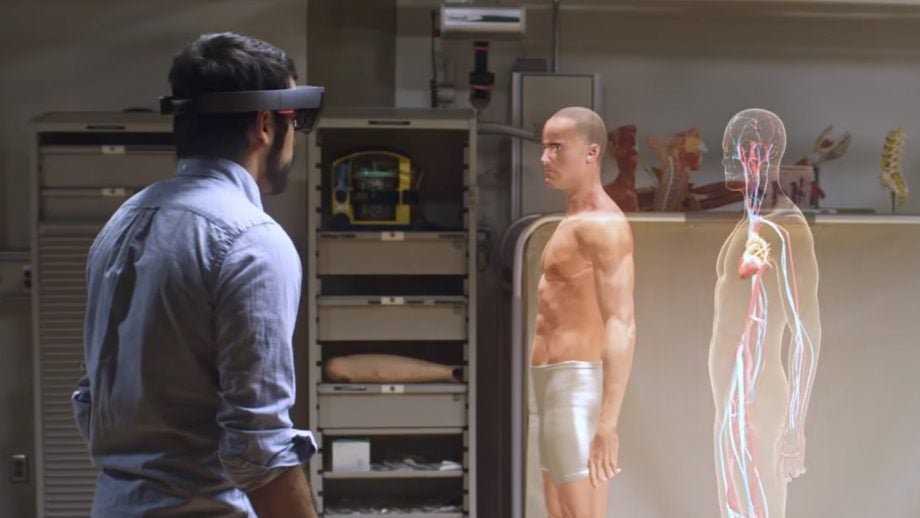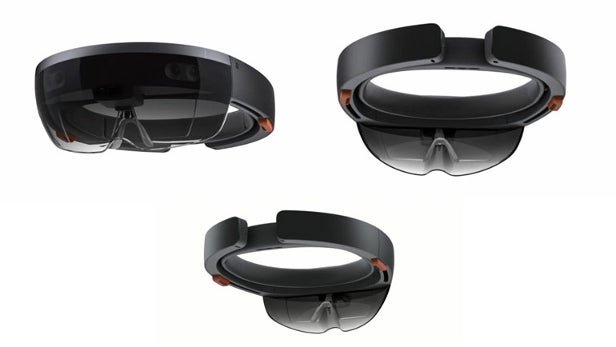Microsoft developing AI “coprocessor” for HoloLens 2 to boost AR performance

Although the HoloLens is yet to hit shelves as a consumer product, Microsoft already has big plans for the follow-up to its AR headset.
Earlier this year, Roger Walkden, Senior Director and Commercial Lead of HoloLens gave away a few small details about Microsoft’s ambitions, saying about the HoloLens: “this is version one, and there will be future versions.”
And it seems future versions will come with some impressive upgrades to boost the augmented reality experience for users, as Microsoft is set to unveil a new version of its HPU (Holographic processing unit) which features a “coprocessor” to boost AI functionality.
Related: HoloLens
Alongside the unveiling, Microsoft Research engineer Doug Burger has revealed further details about how the chip will be included in a follow-up HoloLens via Bloomberg,
The engineer explained how Redmond aims to develop “the number one AI cloud” and how the next HoloLens fits into that ambition.
The company’s AI “coprocessor” will compliment the on-device HPU, a version of which appears on the current headset.

This new coprocessor will be integrated into the HPU itself and should allow the HoloLens 2 to analyse the data from the HPU using deep neural networks without requiring access to the cloud.
These neural networks are a big part of modern artificial intelligence, and help provide the vast quantities of data required for successful AI processing.
By developing an on-board chip, which Microsoft will reportedly design but not build itself, the firm can handle much of the neural network processing locally, rather than requiring a constant connection to the cloud.
That should cut down on processing times and result in a much more responsive AR experience, as the device will not need to send and receive data over the internet.
Microsoft joins numerous other companies which have turned to producing their own processors in recent years, with both Apple and Google working on in-house silicon to provide a more powerful foundation for AI functionality.
At this point, a concrete release date for the HoloLens 2 is nowhere in sight, but there’s been talk of a 2019 arrival.
Let us know what you think of Microsoft’s plans in the comments.

